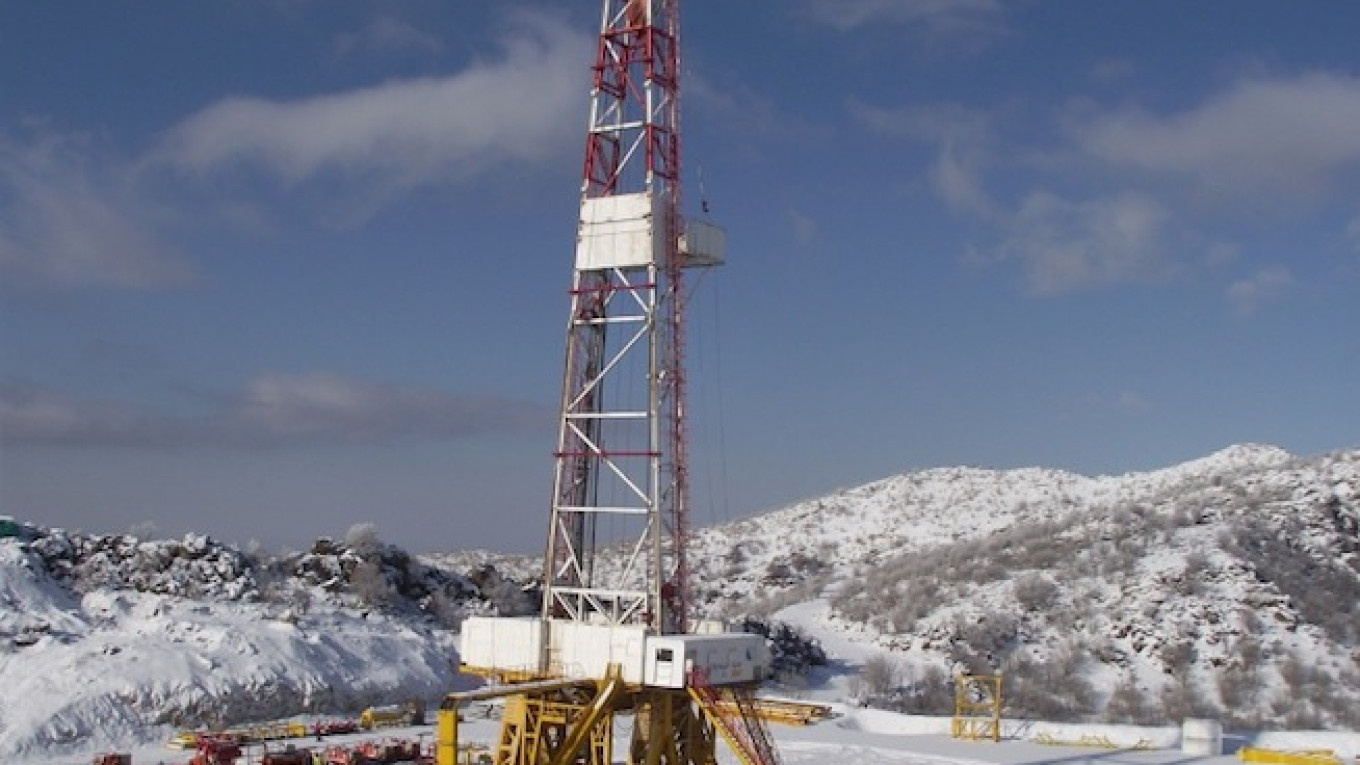Hungarian oil group MOL is reasonably confident that its crude supplies from Russia will not be disrupted by the Ukraine conflict because its Russian partners are reputable companies, the head of its downstream business said.
Ferenc Horvath, MOL's Executive Vice President for Downstream, told the Reuters Eastern Europe Investment Summit that MOL had also started purchasing crude for its Hungarian refinery via an Adriatic pipeline, from Kurdistan and elsewhere, a year ago, although it still gets most of its crude from Russia via Ukraine.
"From a Russian point of view I don't see an execution risk. Of course, there is always a risk due to [the] Russia-Ukraine political situation for some disruption of crude deliveries," Horvath said Monday.
He said MOL was buying one cargo, or 80,000 tonnes, of crude via the Adriatic each month.
"We are ready and our system is able to supply via the Adriatic pipeline enough crude for our Hungarian refinery, and also the majority of the Slovak refinery can be served."
MOL was adjusting to the excess refinery capacity in Europe and had already transformed its Italian refinery into a logistics hub, Horvath said.
He also urged Croatian oil and gas company INA, in which MOL holds close to 50 percent, to consolidate its refining capacity at one site instead of keeping two refineries running, which is generating losses.
The Croatian economy minister, who has heading Croatia's team during negotiations with MOL, has not been willing to discuss plans to rationalize INA's refining business so far. The Croatian government is the other big shareholder in INA.
Horvath said INA refineries are probably the smallest and least competitive in Europe. INA's Rijeka refinery had a much better chance of being competitive in the market than its Sisak facility, he said.
"As I could see from the earlier calculations and materials and discussions with colleagues from INA, there is no economic rationale and no economic environment where Sisak can competitively continue its refining operation," he said.
As for MOL's outlook, Horvath said the refining and petrochemical environment had improved a lot in the third quarter, with margins increasing, and consumption rising this year in Central Europe, MOL's core markets.
This slow recovery in fuel consumption should continue in the third quarter, he said.
"And regarding the Russia-Ukraine crisis, I believe that the impact on fuel consumption in this region will not be so direct or so quick," Horvath said.
A Message from The Moscow Times:
Dear readers,
We are facing unprecedented challenges. Russia's Prosecutor General's Office has designated The Moscow Times as an "undesirable" organization, criminalizing our work and putting our staff at risk of prosecution. This follows our earlier unjust labeling as a "foreign agent."
These actions are direct attempts to silence independent journalism in Russia. The authorities claim our work "discredits the decisions of the Russian leadership." We see things differently: we strive to provide accurate, unbiased reporting on Russia.
We, the journalists of The Moscow Times, refuse to be silenced. But to continue our work, we need your help.
Your support, no matter how small, makes a world of difference. If you can, please support us monthly starting from just $2. It's quick to set up, and every contribution makes a significant impact.
By supporting The Moscow Times, you're defending open, independent journalism in the face of repression. Thank you for standing with us.
Remind me later.


